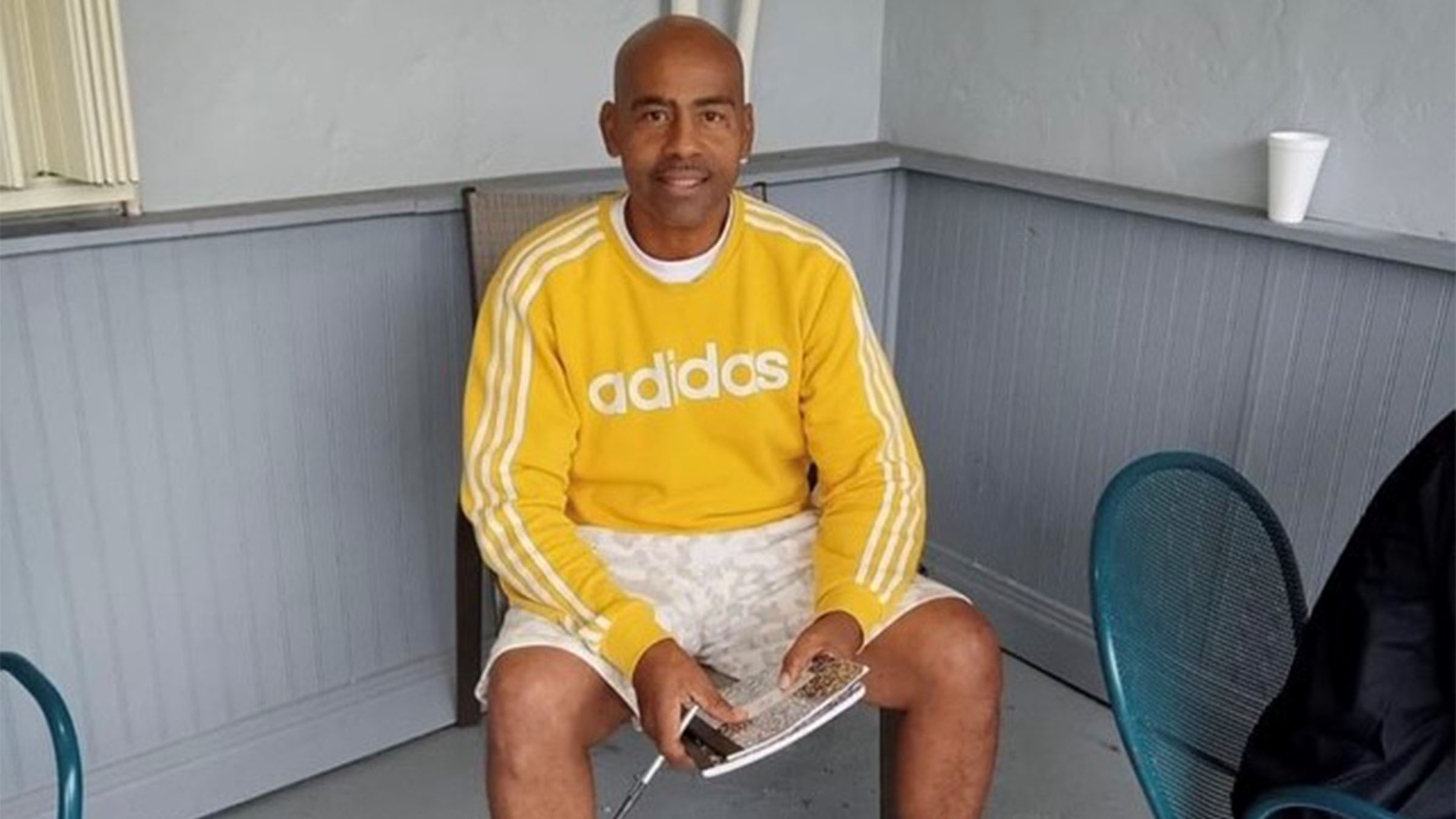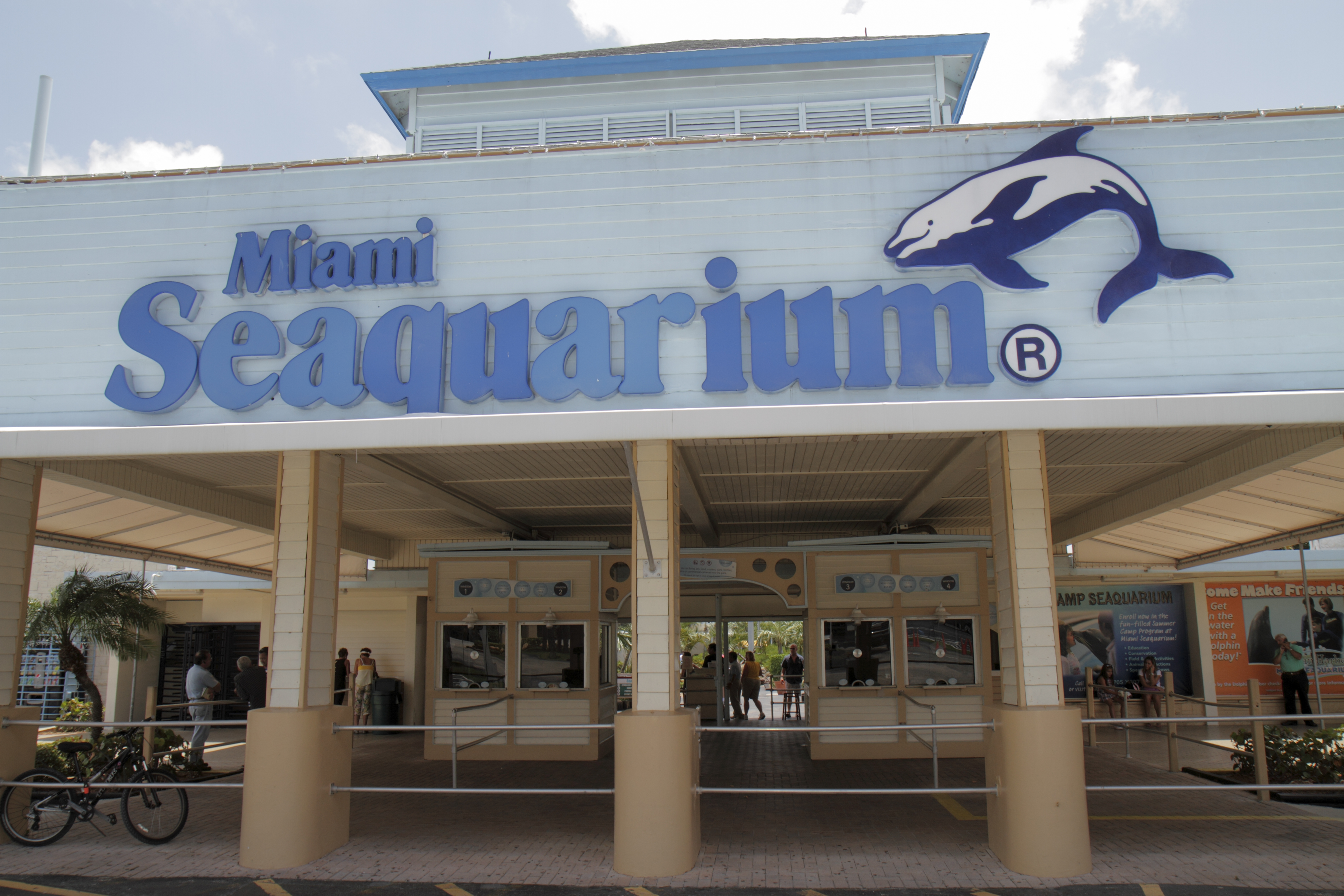Climate change is a global crisis.
And nowhere is that more evident right now then here in Australia.
NBC 6 sent me here to report on the devastation of brushfires across this continent to see how climate change has fueled the disaster, and what lessons can be learned for us in South Florida as we face the growing threats climate change presents.
On this day, we’re in Mogo – a town on the southern coast and in the burn zone.
Rae Harvey owns and manages Wild2Free Kangaroo Sanctuary in the area.
“This wasn’t an ordinary fire. This was a climate change disaster and a tornado," Harvey says.
She was forced to flee from the fires by boat and now her home and the sanctuary lays in ruin, torched by the uncontrollable blaze that ushered in the new year.
Local
“It’s not like a bushfire of any type I’ve ever seen before. It sounded like a tornado,” she recalls. “My neighbor ran back and said, ‘This is it. We have to go. We can’t fight it. We’ve already lost our places. Yours is next.’ That’s when our volunteer Simon managed to free his boat and was like a knight in shining armor”
“The entire property was surrounded by the fire every which way. Our solid brick house was gone. Aluminum melted here. It was hot. It was out of control. You could see that every mountain range was on fire.”
While Harvey was able to save herself and her cat, the kangaroos had already fled on their own.
“I thought they were all going to be dead. Every single one. Because it was so hot and there was so much smoke. I didn’t expect even on survivor.”
Many were killed by the flames, but many survived. Many of the animals have returned to the sanctuary unharmed but because of the kangaroos’ sensitivity to stress there could be health issues down the road.
“We’ve lost about two-thirds of their population here and we have some that are injured and we have some that are perfectly fine but that doesn’t mean they are going to survive. They may have respiratory problems from the smoke or stress-related illnesses.”
Harvey has been caring for those kangaroos returning to the sanctuary grounds, hand-feeding the marsupials and treating the burns of the injured.
“I’m only here for them,” Harvey says while holding back tears. “It would be easy to walk away from all of this and go work in a nice capital city where it’s safe and I have all my conveniences. Now, many down here feel like it’s their responsibility to keep them alive.”
“Rebuild. Keep going. And keep spreading the work about climate change. When a fire does come through, it’s not a normal bush fire anymore. It’s Armageddon, just like this was.”
The Australian wildfires started in September and have claimed the lives of 28 people, billions of animals and ravaged millions of acres over the past 5 ½ months. The Clyde Mountain fire razed more than 200 acres on that peninsula.
“Climate change is real. Protect your animals,” Harvey implores. “Don’t let progress get in the way of nature. Nature’s really important. Protect if with everything that you’ve got.”
“This was called the Nature Coast. Now it’s gone. Don’t let yours go. We’ve lost ours. And I’m heartbroken.”



